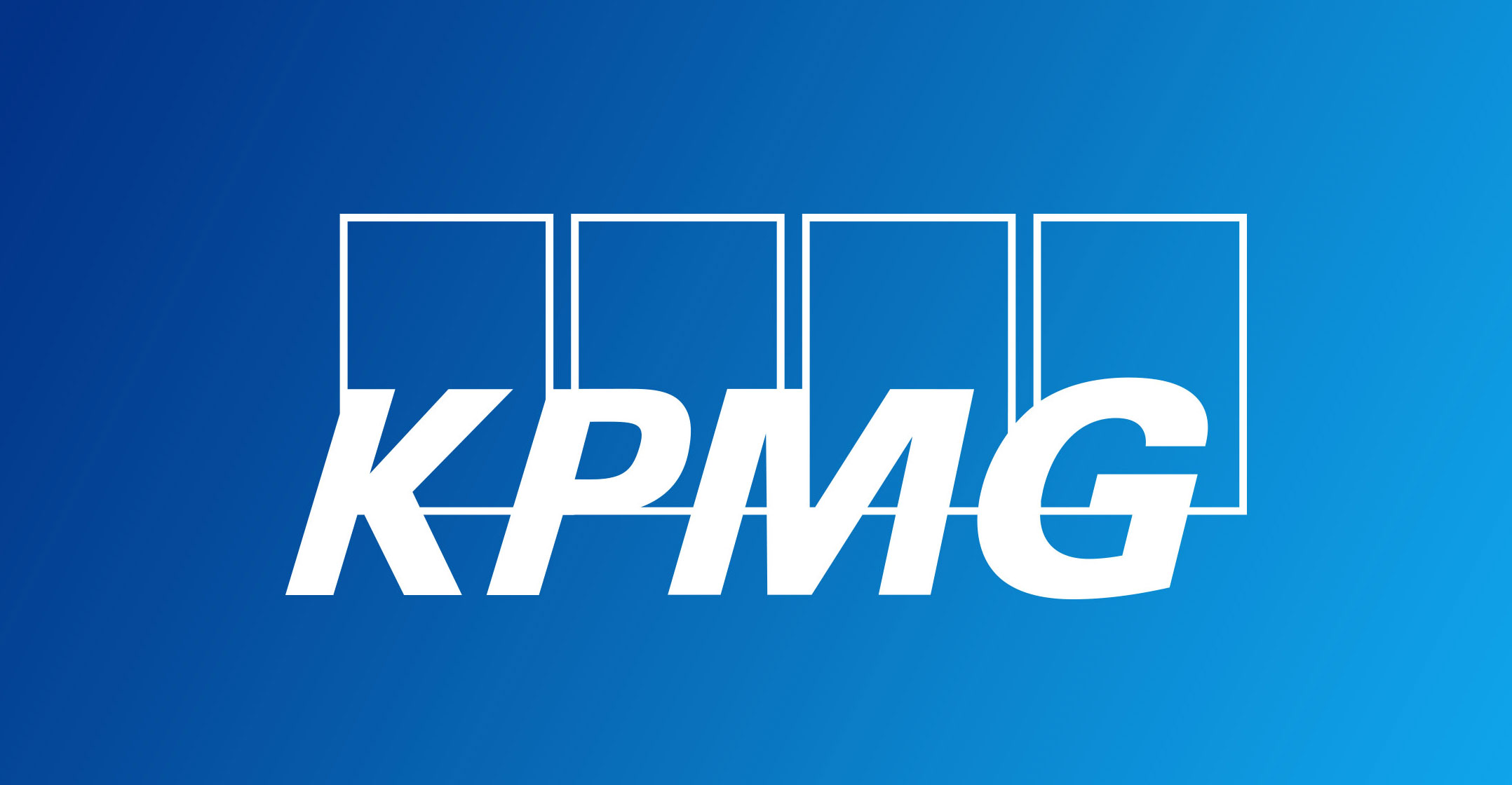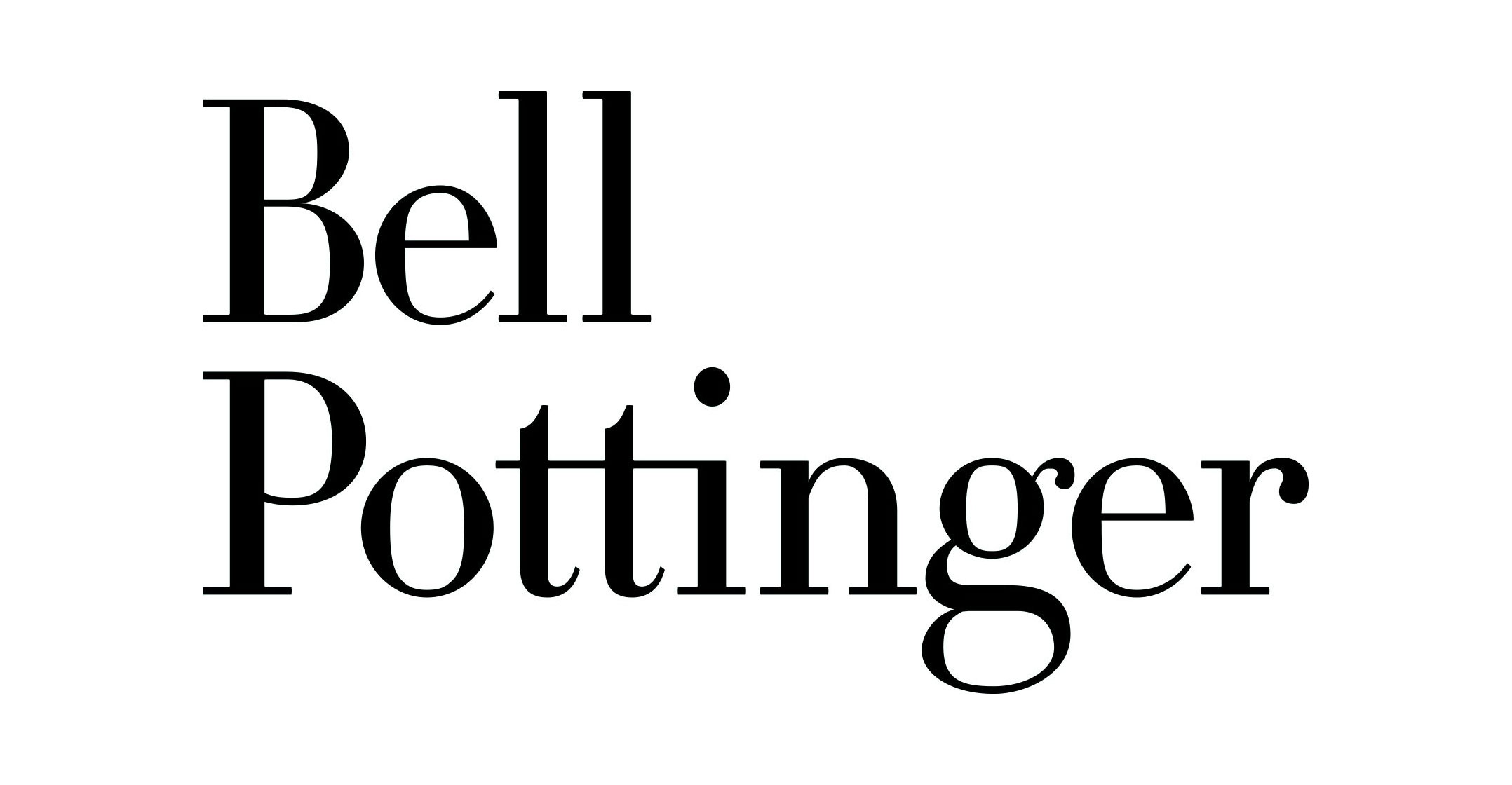
After helping topple one of Britain’s best known PR companies, South African anti-corruption groups are now targeting US consultancy McKinsey & Co and auditing firm KPMG for doing work for businesses tied to the Gupta family and President Jacob Zuma’s son.
The Guptas, originally from India and including brothers Atul, Rajesh and Ajay, moved to South Africa in the 1990s and are being accused of using their friendship with the president to influence government contracts and cabinet appointments. They deny wrongdoing.
“Instead of raising the alarm, these companies seemed to have played along,” said Lumkile Mondi, a senior lecturer at the University of the Witwatersrand, who was part of a group of eight academics who in May completed a study into how state-owned enterprises are allegedly being raided. The firms undermined South African laws “in pursuit of profit”.
Anti-graft organisations and the main opposition party are taking their fight overseas while waiting for South African prosecutors to act on allegations against the family. Many of those accusations are contained in a trove of leaked e-mails that local news organisations have reported on, indicating how the Guptas allegedly used their relationship with Zuma and other government officials to profit from government business.
Corruption Watch plans to approach the US department of justice within two weeks to probe McKinsey, executive director David Lewis said in Johannesburg on Monday. Save South Africa, which includes civil-society groups and business leaders, has called on companies to drop KPMG because of the work it did for 36 entities tied to the Guptas since at least 2008. Both companies have started internal investigations into their dealings with the family.
‘In trouble’
“I don’t think the US department of justice would take the accusations about KPMG or McKinsey lightly,” Magda Wierzycka, CEO of Sygnia, a Cape Town-based money manager that has terminated KPMG’s services, said by phone. Companies in the country will stop using McKinsey if it had to be fined, while KPMG’s South African business would be “in trouble” if one large corporation had to fire it, she said.
SAP, a software company based in Walldorf, Germany, has also been ensnared in the scandal. It said in July that four South African managers were put on leave after media reports that the local unit agreed to pay commission to a firm in which Zuma’s son has an indirect stake for help in winning contracts. An independent investigation is still ongoing, SAP said in an e-mailed response to questions on Thursday.

Bell Pottinger applied for administration on 12 September after being expelled from a UK PR body for stoking racial tensions in South Africa while working for the Guptas. The complaint was lodged by the Democratic Alliance, which on Thursday in a statement said it will request McKinsey’s local and US representatives be called before a parliamentary committee’s inquiry into state graft.
“KPMG risks becoming the Bell Pottinger of the auditing profession,” Save South Africa said in a statement on its website. “Its fingerprints are all over the Gupta empire.”
KPMG last month said it suspended its lead audit engagement partner in South Africa and fired two others pending the results of its investigation. KPMG spokesman Nqubeko Sibiya didn’t immediately answer e-mailed questions.
The auditing firm failed to act when businesses controlled by the Gupta family diverted public money to pay for a wedding, according to the amaBhungane Centre for Investigative Journalism and Tiso Blackstar Group’s Sunday Times, citing e-mails known as the Gupta Leaks. Bloomberg couldn’t independently verify the information.
KPMG’s clients include Barclays Africa Group, the country’s third largest bank, Old Mutual, Africa’s biggest insurer, Sibanye Gold, the country’s biggest gold producer and Standard Bank Group, Africa’s biggest bank by assets. All of these companies have said they’re monitoring developments with KPMG. The auditing firm told Barclays Africa it will produce a report by the end of this month about what happened. After that, the lender will make a decision on whether or not to fire KPMG, Barclays Africa said on Thursday.
South African business leaders have a responsibility to distance themselves from KPMG, Iraj Abedian, CEO at Pan-African Investments and Research Services in Johannesburg, said in an opinion piece on the Johannesburg-based news website Daily Maverick. He resigned as a nonexecutive director of Munich Re’s African unit because it kept KPMG as an external auditor.
Documents
McKinsey in July said it’s reviewing documents related to work done for Eskom. An interim report by Eskom and G9 Forensic found McKinsey and Trillian Capital Partners, a company linked to the Guptas, made R1.6bn in fees and expected to make another R7.8bn, according to amaBhungane and Scorpio, an investigative unit tied to the Daily Maverick.
Trillian was dropped by McKinsey when the company failed due diligence, the consultancy said in an e-mailed response to questions. It informed Eskom and Trillian in March 2016. The fees it made from Eskom were in line with similar projects, McKinsey said.
“Our investigation is ongoing,” it said. “We haven’t discovered anything that would require us to notify US authorities.” — Reported by Paul Burkhardt and Renee Bonorchis, with assistance from Arabile Gumede, (c) 2017 Bloomberg LP




